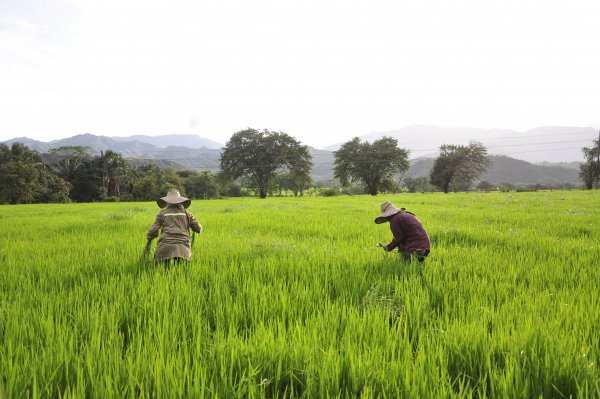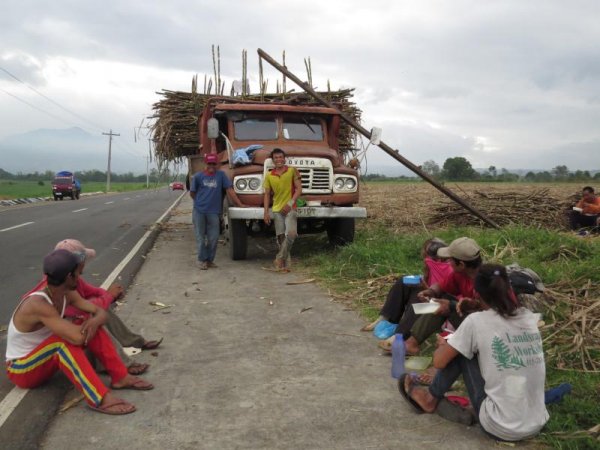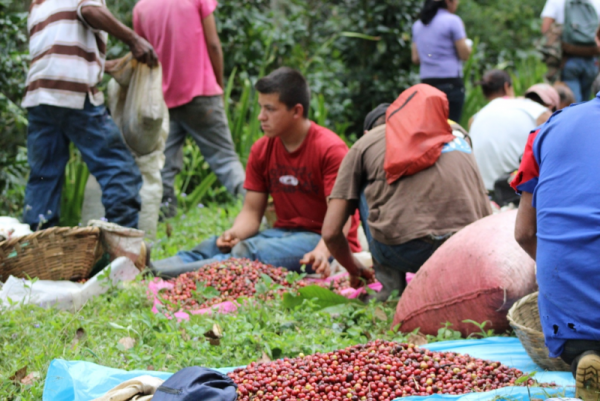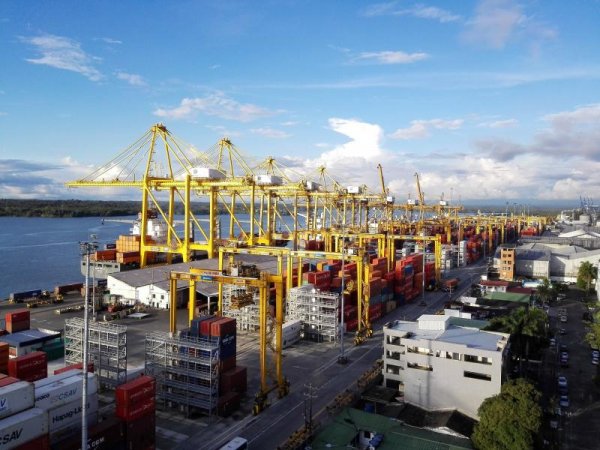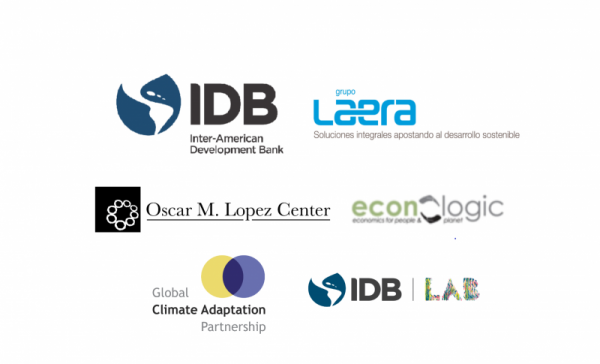Private Markets for Climate Resilience (PMCR)
Private Markets for Climate Resilience (PMCR) is the first initiative by development institutions to better understand climate resilience solutions provided by the private sector. IDB and NDF have funded the PMCR study that focuses on agriculture and transportation, and examines current best practices and opportunities related to climate resilience.
Climate change is increasing risks and impacts in all parts of the world economy, particularly in developing countries where there is less capacity to adapt. By 2030, the cost of making climate-vulnerable business sectors resilient is expected to be in the billions per year. Given that public action alone will not be sufficient to address the scale of this threat, this cost will largely be borne by the private sector, which will also be tasked with developing the innovative products and services needed to drive resilience.
However, in private markets, where there is a very large challenge there is also a very large opportunity and businesses stepping up to increase their resilience or to create new climate-resilient products, services and business models, will be well-positioned to safeguard their own future as well as take the lead on transforming entire economic systems.
Private Markets for Climate Resilience (PMCR) is the first initiative by development institutions to better understand climate resilience solutions provided by the private sector. The Inter-American Development Bank (IDB) and the Nordic Development Fund (NDF) have funded the PMCR study that focuses on agriculture and transportation, and examines current best practices and opportunities related to climate resilience, by identifying leaders that are shaping the national markets, highlighting products, services, tools and processes.
The PMCR study took a frontlines look at how the private sector in six developing countries is addressing climate risk in the agriculture and transportation sectors. Colombia, South Africa and the Philippines were designated as Tier 1 countries, in which extensive field data was gathered through workshops and resilience dialogues. Tier 2 countries were Nicaragua, Kenya and Vietnam, where the same approach was implemented mostly through desk studies made inside the countries.
The working assumptions underlying the PMCR study were the following:
i) most people recognise that the climate is changing, but lack an understanding of the associated risks and uncertainties for implementing practical measures to protect their businesses and communities from these risks.
ii) the private sector is already supplying products and services to meet a growing demand for products and services to help various stakeholders better manage their exposure to climate risks, and that this demand represents a business opportunity for firms of all sizes.
The PMCR Global Report builds on the findings of national reports produced by the country teams as well as resilience dialogues held in each country. Along with identifying a vast range of promising climate resilient business examples and solutions, the study also came up with findings and recommendations on how private stakeholders could become more active, as well as gain a better understanding of the business case for doing so.
As part of the country assessments, an analysis of the selected sectors was conducted, using the B*Resilient Process Model (BRPM) tool, including a value-chain analysis focusing on climate conditions, risks and impacts in key processes, as well as on the actors and activities leading such processes. Demand and supply characteristics of selected resilience solutions, addressing the identified risks and impacts, were then analysed. The results of the conducted analysis, including the assessment of the resilience contribution and market opportunities of the identified resilience solutions, are presented in the Resilience Solutions Factsheets.
The assessments for the agriculture sector of all selected countries are presented in the following Resilience Solutions Factsheets:
Rice Sector in the Philippines
The assessments for the transportation sector of all Tier 1 countries are presented in the following Resilience Solutions Factsheets:
Road Sector in the Philippines
The PMCR Global Report, together with the Resilience Solutions Factsheets, builds on the findings of national reports produced by the country teams as well as resilience dialogues held in each country. For more information on the PMCR methodology and the BRPM tool, see the PMCR Description of Methods.
The PMCR Study has been developed as a targeted resource for international development organisations and donors, private sector associations, policymakers, academic institutions, and enterprises in agriculture and the transport sectors, and private investors, among many others. The study points the way forward to a new research agenda on private innovation in climate resilient technologies, products and services in developing and emerging markets.
For more information, please contact Isabel Leroux, Program Manager (isabel.leroux@ndf.int)
More information
Mercados Privados para la Resiliencia al Clima, Junio 2020 (Boletín en español)
PROADAPT Building Climate Resilience in MSMEs in Latin America and the Caribbean [NDF C51]
Market for Climate Resilience in Latin America, Africa and Asia [NDF C81]

